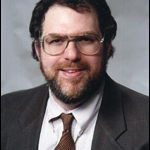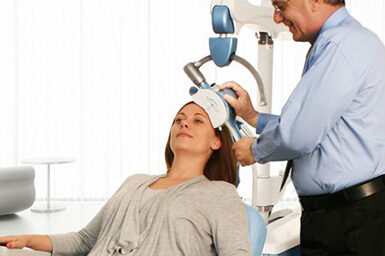General Psychiatry
New Stimulants: From Remixed Amphetamines to Bedtime Ritalin
Chris Aiken, MD
Editor-in-Chief of The Carlat Psychiatry Report. Practicing psychiatrist, Winston-Salem, NC.
Dr. Aiken has disclosed that he has no relevant financial or other interests in any commercial companies pertaining to this educational activity.
Read More
Harnessing Beneficial Drug Interactions
Rehan Aziz, MD
Associate Professor of Psychiatry and Neurology at Rutgers Robert Wood Johnson School of Medicine.
Dr. Aziz has disclosed that they have no relevant financial or other interests in any commercial companies pertaining to this educational activity.
Chris Aiken, MD
Editor-in-Chief, The Carlat Psychiatry Report.
Dr. Aiken has disclosed that they have no relevant financial or other interests in any commercial companies pertaining to this educational activity.
Read More
EXPERT Q&A
Effects of Drug Interactions
 Neil Sandson, MD.
Neil Sandson, MD. Clinical Associate Professor, Department of Psychiatry at University of Maryland School of Medicine
Dr. Sandson has disclosed that he has no relevant financial or other interests in any commercial companies pertaining to this educational activity.
Ask the Editor: Which Antipsychotic Is Best When Patients Complain of Akathisia?
Chris Aiken, MD
Dr. Aiken has disclosed that he has no relevant financial or other interests in any commercial companies pertaining to this educational activity.
Read More
Probiotics for Bipolar Disorder
Adam Strassberg, MD
Chris Aiken, MD
Drs. Strassberg and Aiken have disclosed that they have no relevant financial or other interests in any commercial companies pertaining to this educational activity.
Read More
Does TMS Really Work in Depression?
Michael Posternak, MD
Dr. Posternak has disclosed that he has no relevant financial or other interests in any commercial companies pertaining to this educational activity.
Read More
Is Clozapine the Next Step After a Single Failed Antipsychotic Trial?
Xavier Preud’homme, MD
Dr. Preud’homme has disclosed that he has no relevant financial or other interests in any commercial companies pertaining to this educational activity.
Read More
New Approvals for TMS
Talia Puzantian, PharmD, BCPP
Chris Aiken, MD
Drs. Puzantian and Aiken have disclosed that they have no relevant financial or other interests in any commercial companies pertaining to this educational activity.
Read More


_-The-Breakthrough-Antipsychotic-That-Could-Change-Everything.jpg?1729528747)



